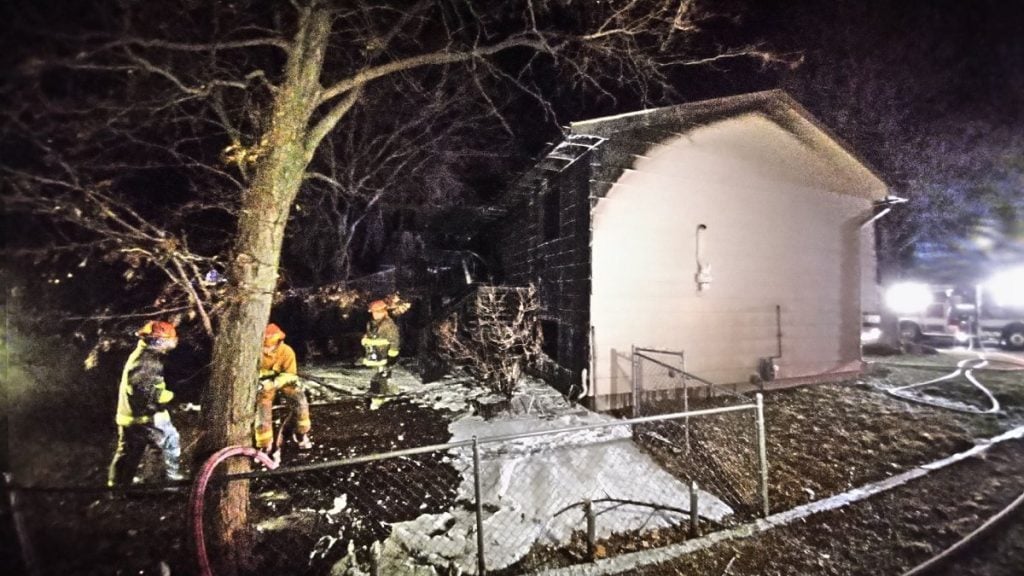Officials in the town Paradise, California, are hoping to eliminate the threat of deadly wildfires by buying up what they consider to be the most at-risk homes and transforming them into fire-resistant green spaces.

NPR reported that Paradise suffered widespread destruction during the 2018 Camp Fire. Some 85 people were killed and more than 14,000 homes destroyed during the fire, which gutted a large section of the town.
The remnants of that wildfire are still evident throughout the town. About 40,000 trees have been removed to prevent future wildfires from spreading. Town officials hope removing the most vulnerable homes will help too.
The town will purchase the high-risk properties from homeowners. Many of the properties are in more difficult-to-reach areas of town along winding dirt roads that firefighters struggle to reach safely.
The program is voluntary, not an exercise in eminent domain.
Paradise officials plan to connect all the purchased properties to existing park land and create more park areas to help better control future wildfire spread.
Paradise has purchased about 300 acres of land, so far. They have about 500 acres additionally under contract. The properties have been paid for with nonprofit grant money and donations.
“Every single one of these properties we’re looking at from the standpoint of, what can we do to limit the spread of fire; is this a staging area,” Dan Efseaff, director of Paradise Recreation and District, told NPR. “I think it’s going to make the community safer.”
Michael Wara, a climate resilience expert at Stanford, told NPR that what Paradise is doing in buying up properties in high-risk areas could serve as a model to other wildfire vulnerable communities across the country.
However, Wara warned: “the housing crisis in California really complicates any response to the wildfire crisis.”
Due to its wildfire risk, towns like Paradise are known to be more affordable and people are drawn to the real estate, regardless of the danger. Removing more properties from the pipeline in such an in-demand location may prove challenging, Wara said.